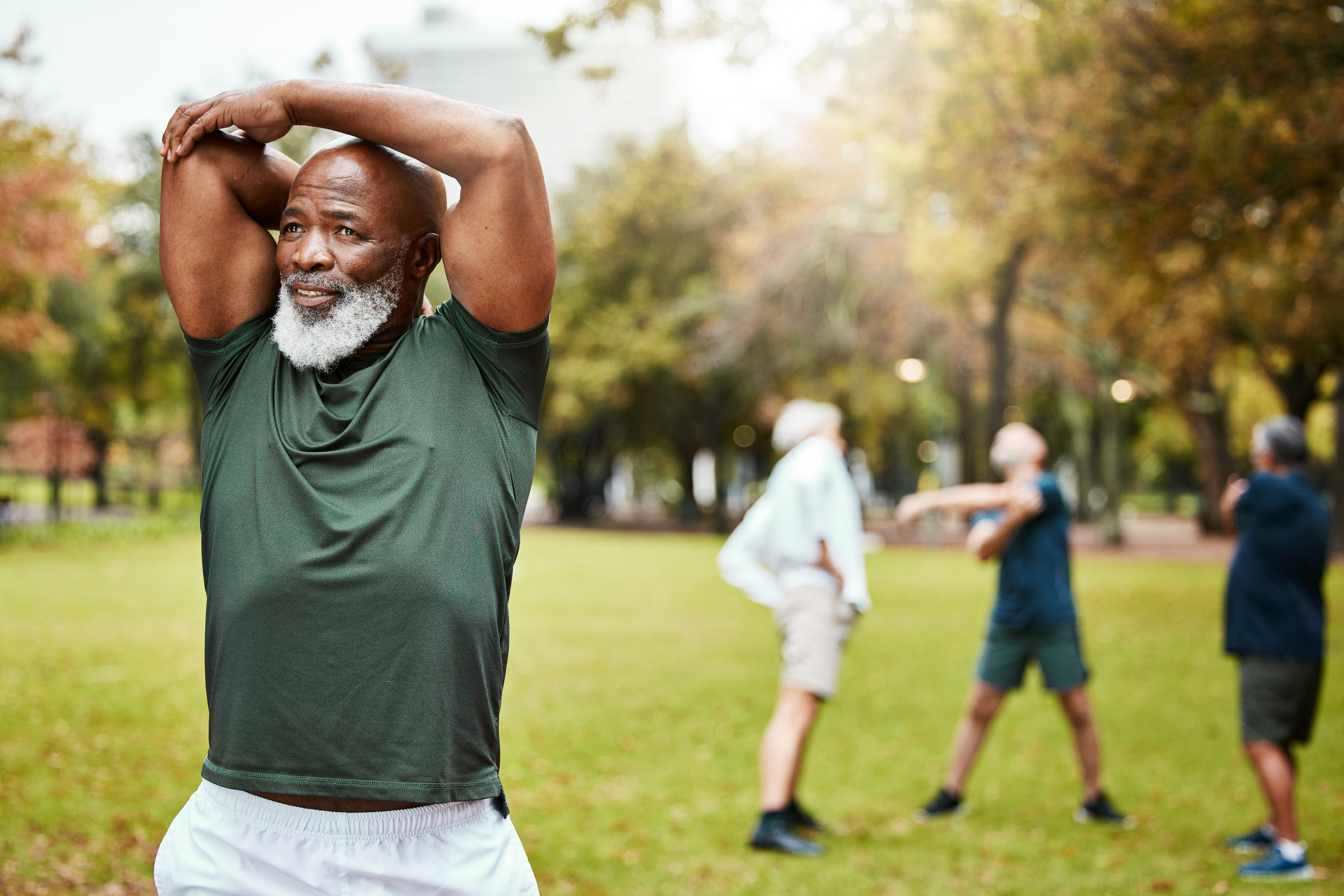Fitness is ageless and timeless and ideally, it should be a constant practice. But even with this common knowledge, there are still a lot of questions on exercise and ageing.
Exercise is important, It makes a big difference in how you move and feel, helps you lower the number of visits to your doctor and the things he keeps mentioning (such as your weight, cholesterol, or blood pressure), and even lifts your spirits.
No matter your age, being active helps you both inside and out. But sometimes it doesn’t feel that way, particularly if you’ve been watching from the sidelines for a while.
Have any of these myths about ageing and fitness convinced you otherwise? Get the information you need to return to the scene.
Age (I’m old)
Actually, staying without performing any exercises is worse and much riskier and can hasten ageing.
In addition to having more doctor visits and drug use, inactive adults have a twofold increased risk of developing heart disease.
Start cautiously with a low-impact aerobic activity that increases your heart rate, like swimming, if you haven’t exercised in a while.
The American Heart Association suggests two days a week of strength training and 30 minutes of aerobic exercise five days a week for general heart health. Think small if a half-hour a day seems overwhelming. A 10-minute stroll is a wonderful place to start.
It’s not necessary to learn a new sport in order to exercise. However, if there is something you used to enjoy doing when you were younger (like tennis or volleyball), try to find a way to resume it.
Physical Ability (I’ll get hurt)
This is a genuine concern when it comes to exercise and ageing however, it should be the least of your worries especially if you know what you are doing and train under the direction of an expert. Before starting an exercise program, consult your doctor first. They can advise you on what to try and what to stay away from.
Work with a professional who can walk you through each step when you first start out. You’ll be secure doing it that way.
Remember that your risk of injury decreases as your physical fitness increases. You might be able to prevent falls in daily life if you work on improving your balance through activities like yoga and tai chi. Strength training will also be beneficial; this can be done with hand-held weights, gym equipment, or even just your own body weight (think pushups and lunges).
I’m not strong enough
Regular exercise doesn’t harm your heart; on the contrary, it helps strengthen it.
You are under no obligation to register for a marathon or even a cross country. Simple physical activity like a quick walk can be beneficial. It can lift your spirits and improve your blood circulation and cholesterol levels.
It’s too expensive
This is one of the most common myth about exercise and ageing.
Sure, you might spend a small sum on a gym membership or exercise gear, but you don’t need to spend any money to get fit.
Put on some supportive athletic shoes and go for a jog or walk. Alternatively, spend an hour in the backyard gardening.
There are various tools available to help you keep in shape if you yearn for group programs or more coaching. Older people can receive discounts at some gyms, and some health insurance plans can pay for particular fitness program memberships.
Consider your local resources as well. Even some places of religion offer free fitness courses, and some local parks may have basic workout equipment.
I’m not as flexible as I used to be
This is now; that was then. Don’t compare your current abilities to your former performance.
Running as quickly as you did on the high school track team or in your 20s isn’t what exercising is all about. Even if you proceed at your own pace, you will still gain.
According to a Yale University study, older people who walk for just 20 minutes a day are less likely to experience mobility impairment two years later than those who don’t.
Adopt fitness as a tool to keep you mentally and physically sharp in the years to come rather than reflecting on what you used to do.
I don’t have anyone with whom to work out.
You can locate a person! Join a gardening or walking group. To find out what reasonable or free exercise courses are available, check the schedule or fitness plans at your local community social center. Seek out opportunities to interact with people who share your interests.
You might be shocked to realize that there are already individuals nearby whom you can exercise with and who are trying to get fit once you start talking about your active lifestyle. Or perhaps you’ll motivate a friend or loved one to exercise, and you two can work out together.
The Bottomline
As you can see, some of the most common misconceptions about exercise and ageing are just that, misconceptions. They are things that should not stop you from working out and enjoying the good results that come with it.






